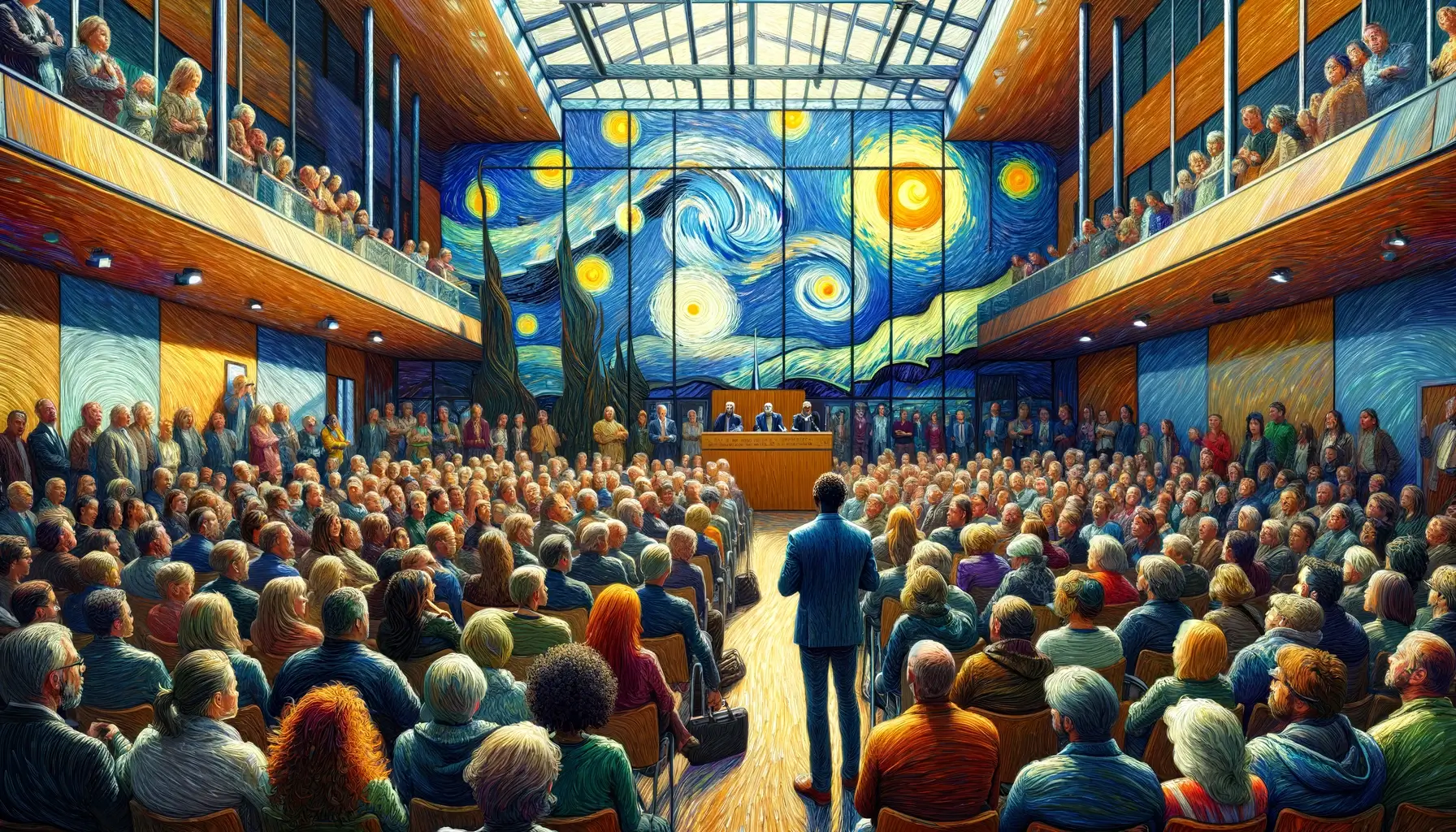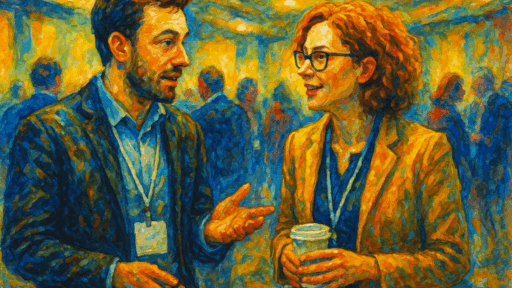“If you don’t understand something, ask someone to explain it in a different way. Try to say it back in your own words to see if you got it right. If you don’t understand something, odds are others don’t either. And being the idiot in the room could end up being an act of service for others.”
Simon Sinek
Once upon a time, in a quaint little village nestled between the rolling hills and whispering woods, there lived a young man named Oliver. Oliver was not what you would call the sharpest tool in the shed, or the brightest bulb in the box, or even the quickest squirrel in the race. In fact, he was quite the opposite. But what Oliver lacked in quick-wittedness, he made up for in curiosity and a heart as big as the village’s annual pumpkin.
Now, in this village, there was a tradition. Every month, the villagers would gather in the town hall for a meeting led by the Mayor, a man so pompous he could float in the Thanksgiving parade. The Mayor loved using big, complicated words, the kind that would make a dictionary feel inadequate. Everyone in the village pretended to understand, nodding their heads like bobbleheads in a car on a bumpy road.
But not Oliver. He would scrunch up his face, a look of deep concentration, or perhaps indigestion, and finally raise his hand. “Excuse me, Mr. Mayor,” he would say, “but could you explain that in a way that even my pet goat Gerald could understand?”
The room would fall silent. Eyes would roll. The Mayor, his face turning the color of a ripe tomato, would huff and puff and then explain it again, this time in plain language. Oliver would listen intently, then repeat it back in his own words, which usually involved an analogy about farm animals or his Aunt Mildred’s peculiar cooking habits.
At first, the villagers would snicker at Oliver’s questions. “There goes Oliver again, slowing down the meeting,” they would whisper, shaking their heads. But then, a funny thing happened. They began to realize that they actually understood the Mayor’s points better when Oliver asked for clarification. His simple summaries, peppered with humor and homespun wisdom, made more sense than all the Mayor’s grandiose bluster.
Soon, the villagers started looking forward to Oliver’s questions. They would elbow each other with anticipation, a chorus of “Here it comes!” rippling through the crowd whenever Oliver raised his hand. The Mayor, initially irritated, began to see the value in Oliver’s interruptions. He even started preparing simpler explanations in advance, knowing Oliver would ask for them.
Oliver, blissfully unaware of his impact, continued to ask his questions, happy just to understand what was going on. He never realized that he had become the village’s unsung hero, the bridge between the Mayor’s verbosity and the villagers’ comprehension.
And so, the village meetings became more productive and enjoyable. The villagers learned that it’s okay not to understand something and that asking for clarification can be an act of service for others. They also learned that sometimes, the person who seems the least likely to enlighten a room can end up being its brightest light.
As for Oliver, he continued to ask his questions, always eager to learn, forever reminding everyone that it’s not about being the smartest person in the room; it’s about being brave enough to admit what you don’t know and curious enough to learn. And every now and then, when the Mayor used a particularly big word, you could hear a faint “baa” from Gerald the goat, who, it turns out, was also paying attention.





